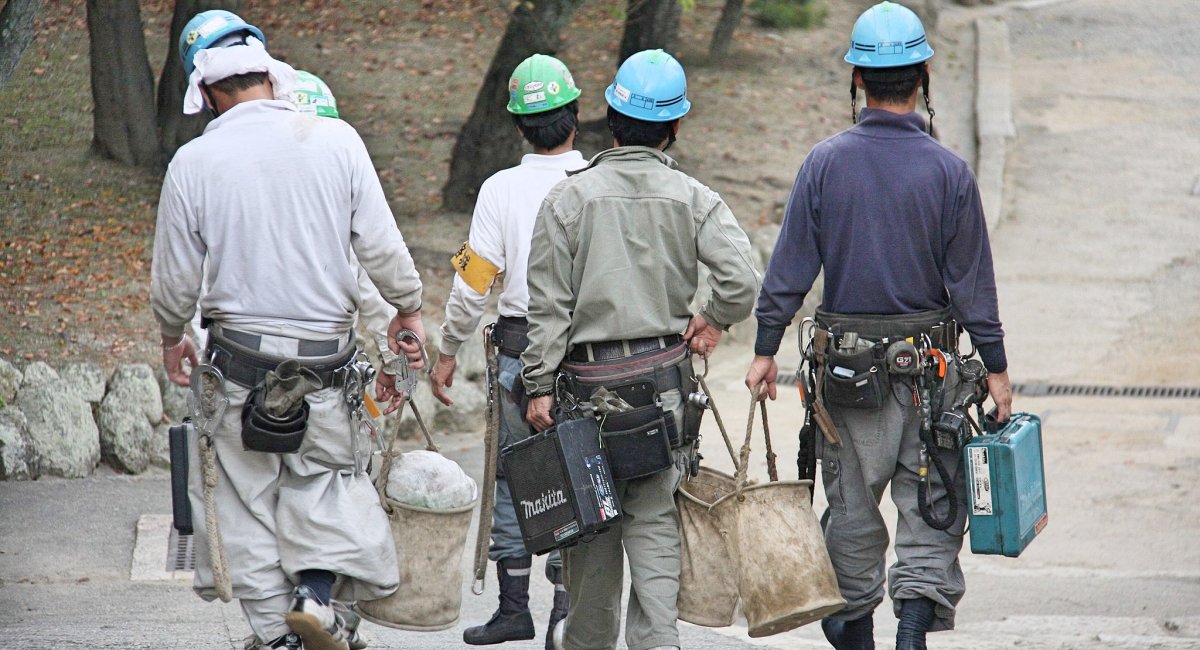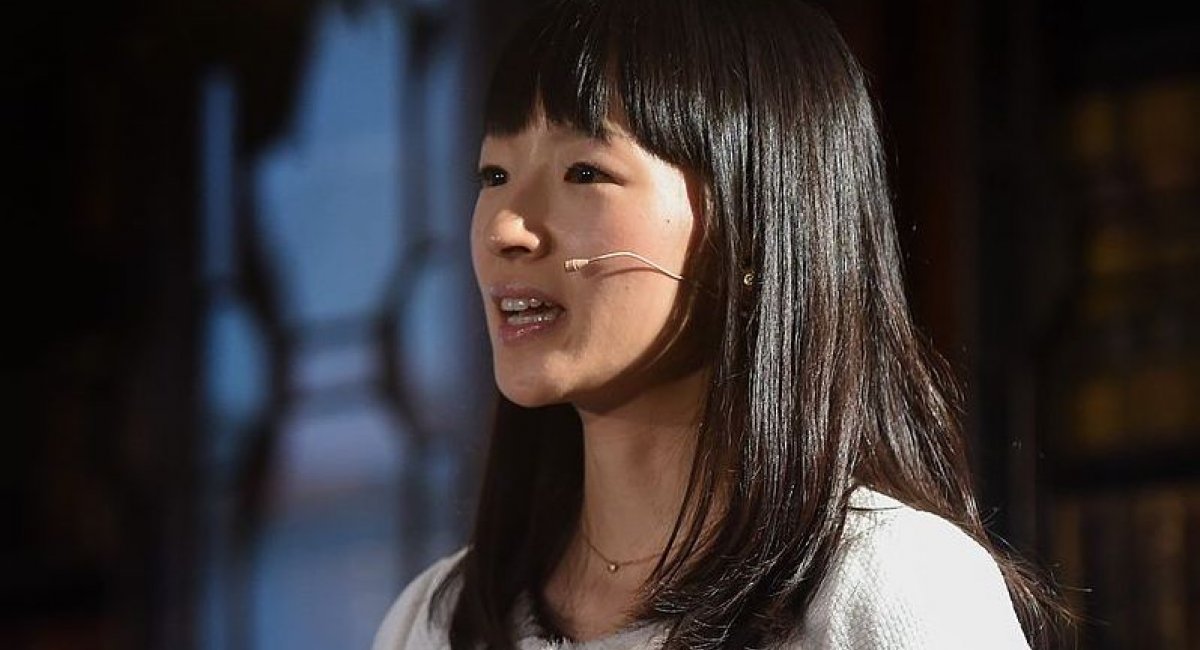Japan's "genderless" men
By Tanner, March 25 2019
Harajuku has become a catwalk for jendaresu-kei (or "genderless style"). Although women who dress in a more stereotypically masculine way may also identify as "genderless," in Japan, the term jendaresu-kei refers to males who are not interested in the typical male dress code of dark suits and dress shoes.
Matching colorfully patterned fabrics and fingernails with "kawaii" (cute) hats and purses, they signal a vibrant new masculine style. But they may also represent wider changes in the way male roles are perceived in Japanese society.
The trend of young men eschewing Japan's navy blue suits is outlasting the fast cycles of the fashion industry. As a lifestyle, signs of genderlessness are also evident among men far removed from the Harajuku scene.
On the other hand, Ikumen (literally "child-rearing men") may wear suits to work, but they too are breaking with convention by insisting on spending more time at home with their children. This is partly thanks to the work of Fathering Japan, a non-profit organization that encourages men to become "smiling dads" who enjoy playing a more active role in their children's upbringing.





















